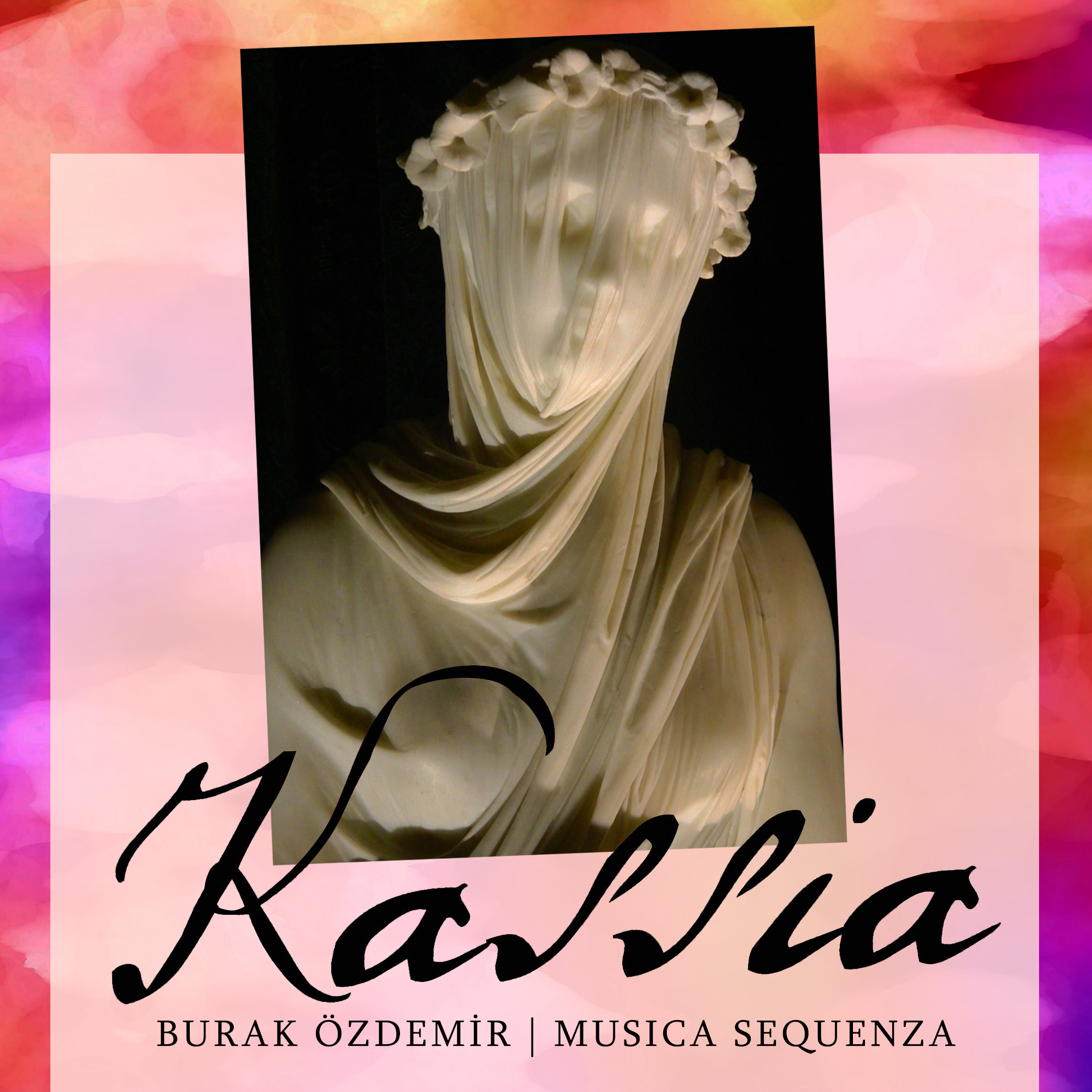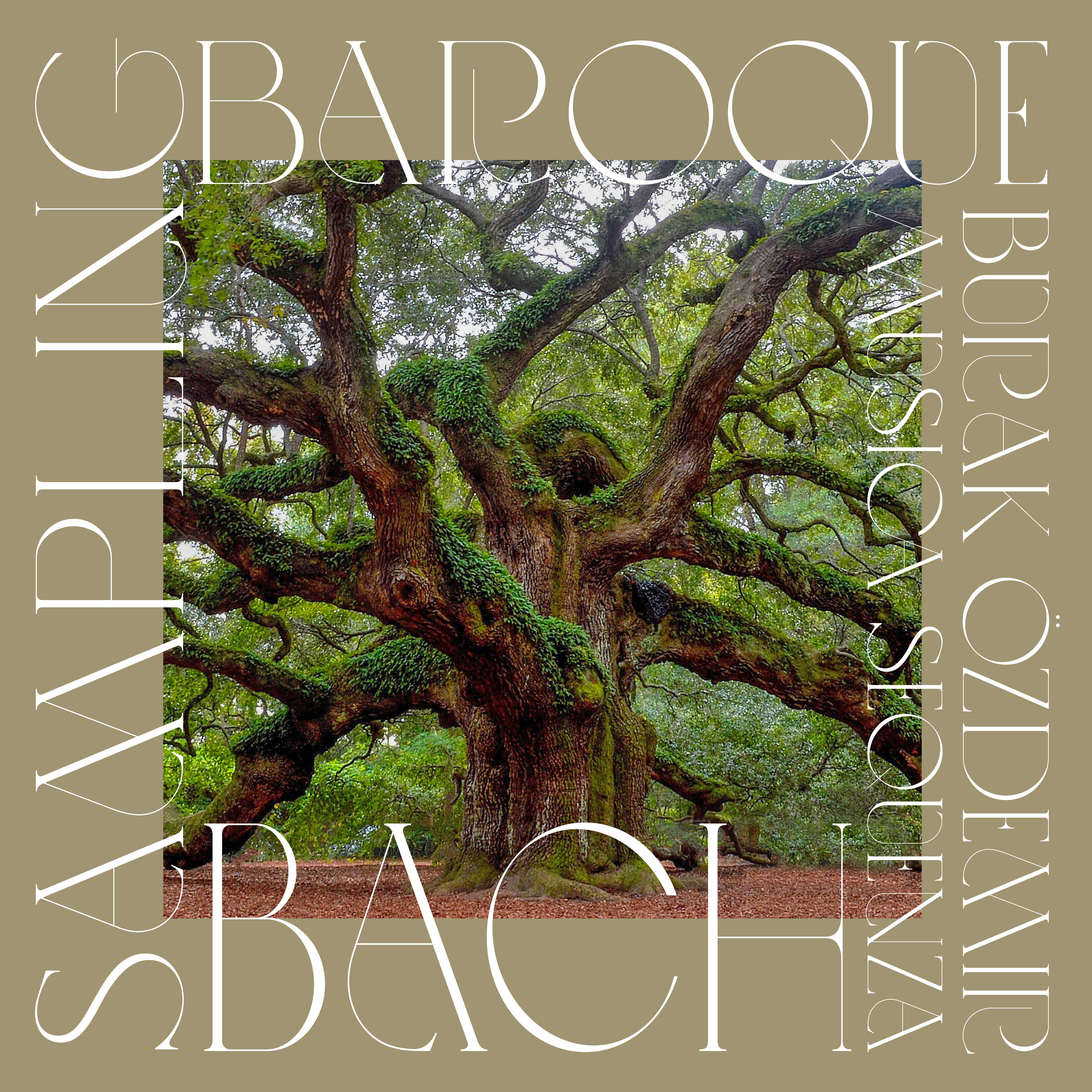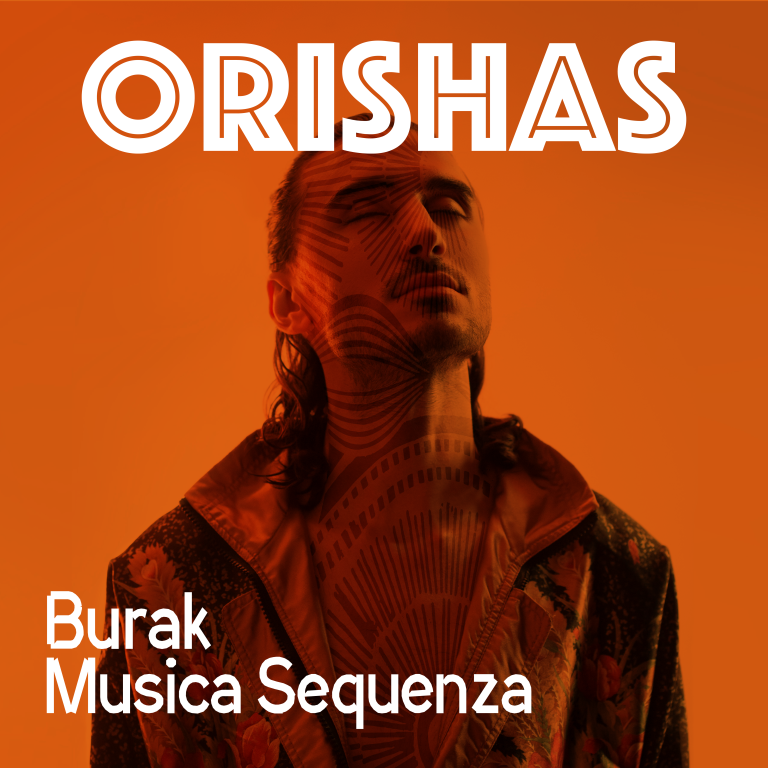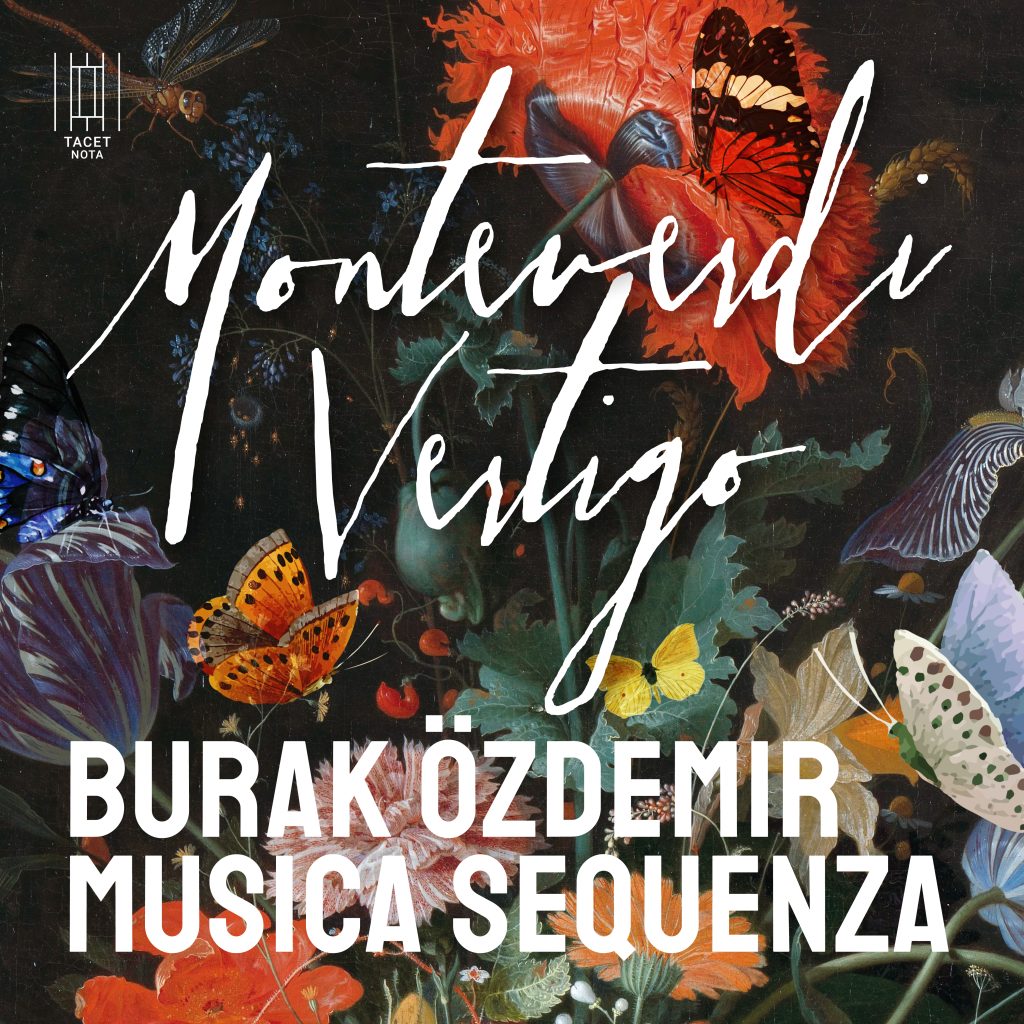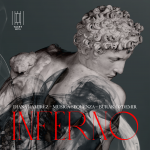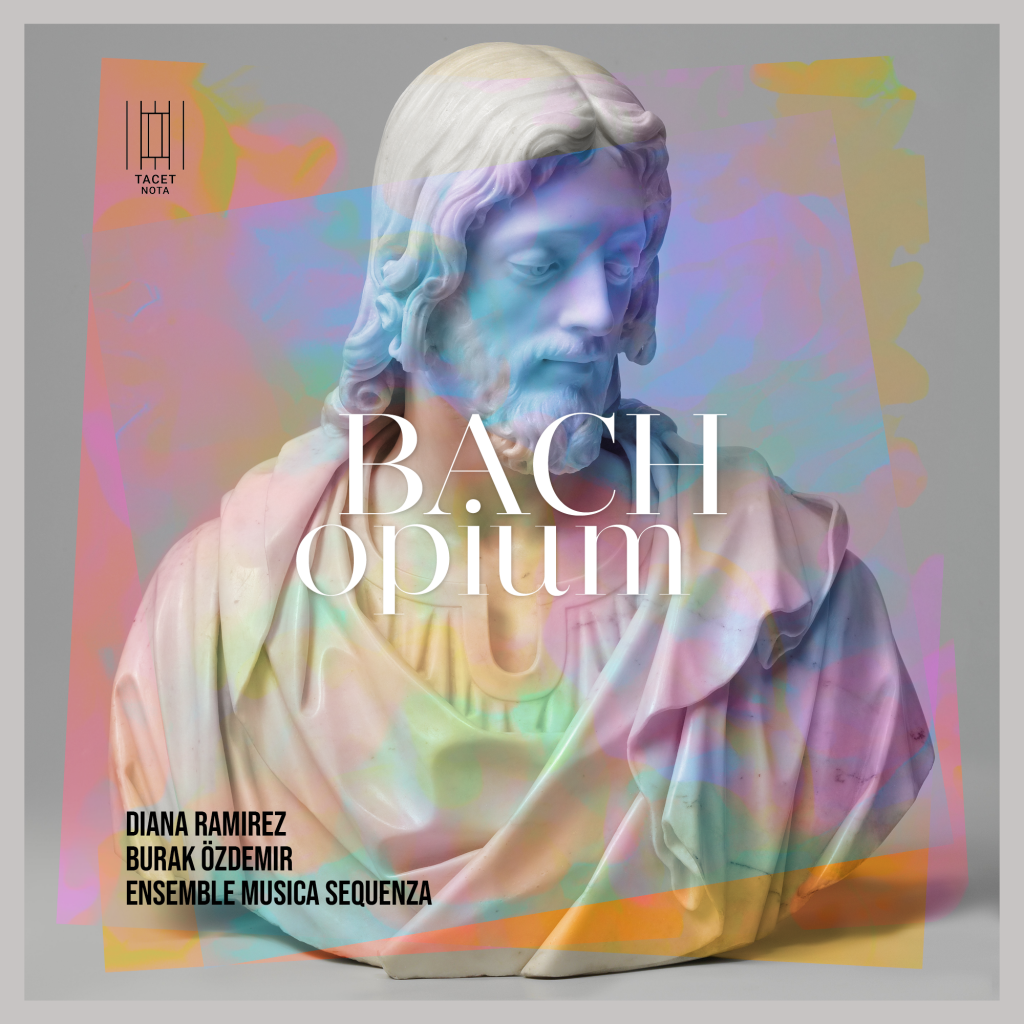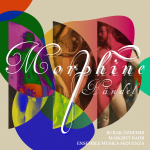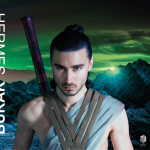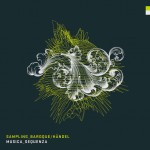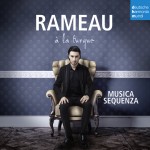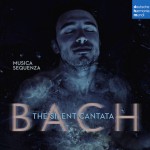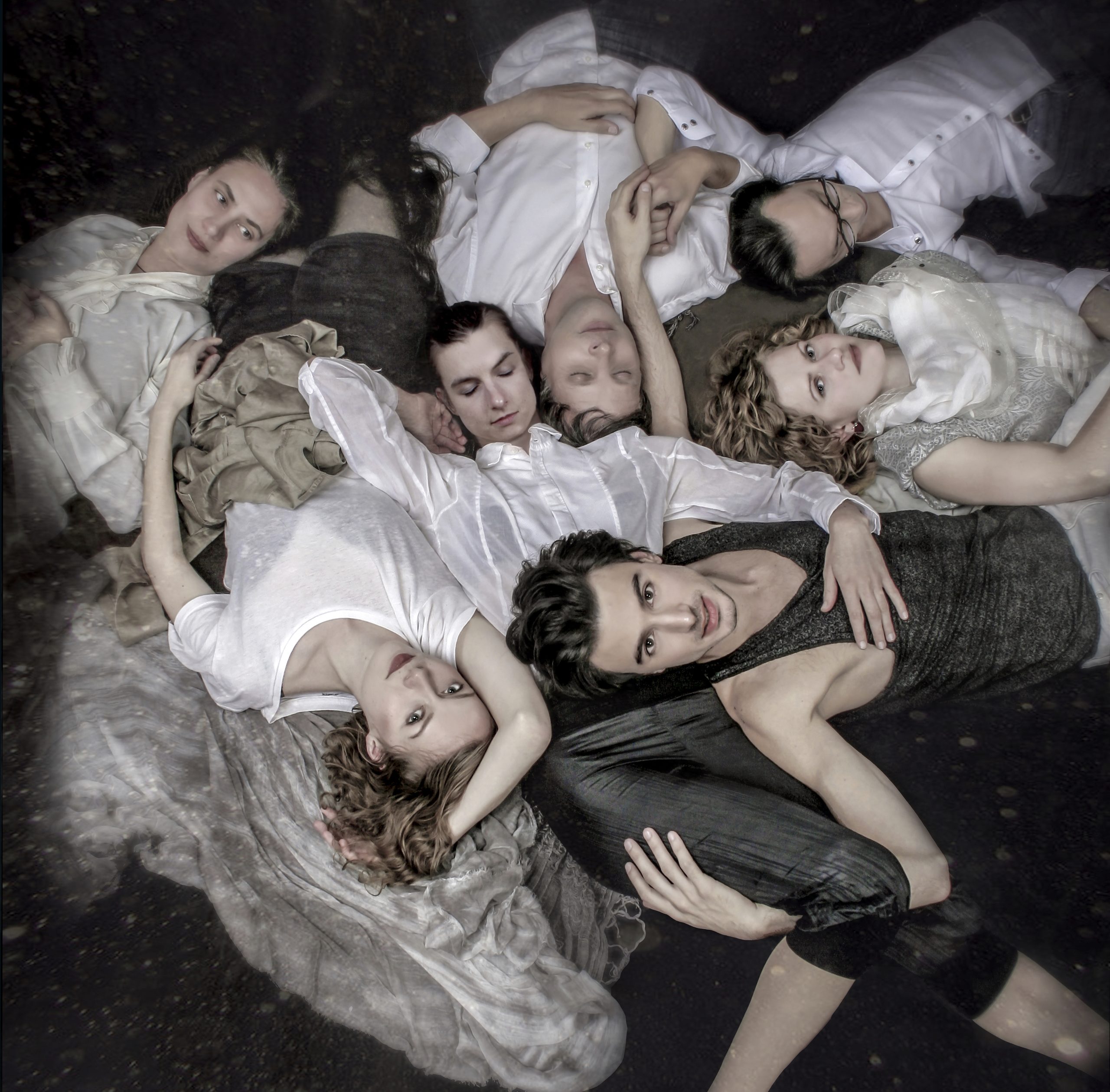
MUSICA SEQUENZA
Founded in 2008 at The Juilliard School in New York by composer and bassoonist Burak Özdemir, Musica Sequenza is a Berlin-based baroque ensemble renowned for redefining early music through innovation and intercultural collaboration. Since relocating to Berlin in 2011, the ensemble has grown into an artistic movement, uniting musicians, singers, dancers, choreographers, visual artists, architects, designers and filmmakers from across the globe and creating more than forty productions throughout Europe, the Americas and Asia.
Performing on authentic 17th- and 18th-century instruments, Musica Sequenza brings a fresh, contemporary language to the music of the past, spanning repertoire from the Renaissance to living composers. Equally at home on opera stages, in concert halls, museums and clubs, the ensemble forges unexpected encounters between baroque heritage and today’s artistic expressions through its interdisciplinary productions of baroque, jazz, new music, electro-acoustic works, modern dance, conceptual performance and experimental music theatre.
Musica Sequenza’s performances are marked by historic “firsts” and high-profile collaborations. In 2013, the release concert of Bach: The Silent Cantata became the first classical concert in the history of Club Berghain, establishing the ensemble’s signature for boundary-breaking presentations. On ARTE Concerts, Rolando Villazón sang Handel’s Ombra mai fu live with Musica Sequenza, bringing the new genre ‚electro-baroque‘ to international audiences. The ensemble has appeared with celebrated artists including Sasha Waltz, Rolando Villazón, Nicolas McGegan, Constanza Macras, Nicolò Balducci, Anders Dahlin, Natacha Atlas, Karim Aïnouz, Larisa Navojec, Sjaella, Kainkollektiv, Van Rivers and Ölberg Choir.
Improvisation and interdisciplinary practice are central to Musica Sequenza’s work. With Still Semele, based on Handel’s opera, the ensemble reimagined the score through live improvisation and movement, joined on stage by dancers from the Sasha Waltz & Guests company at the Kölner Philharmonie’s Festival Felix!. Their concert-installations and audiovisual works have been presented at the Mardin Biennial, ArtHouse Jersey, Pera Museum, The Metropolitan Museum of Art New York, The Bargello Museum Florence, Istanbul Borusan Culture, ChretzeTurm and the Kammgarn Museum Schaffhausen, placing the ensemble firmly within the international contemporary art scene.
In 2018 Musica Sequenza celebrated its 10th anniversary by performing milestones of its repertoire, such as Bach: The Silent Cantata (2012) and Sampling Baroque (2015). For the anniversary they premiered a new Bach production, Atlas Passion (2018), in co-production with Stadttheater Schaffhausen, Switzerland.
During the pandemic, Musica Sequenza was commissioned by the Bachfest Schaffhausen to create the site-specific concert installation Opium at the Kammgarn Museum in Switzerland. Conceived as a response to Joseph Beuys’s seminal installation Capital, which had recently been relocated from the Kammgarn to a Hamburger Bahnhof Berlin museum, Opium brought a new artistic synergy back to the site, forging a living dialogue between both cultural spaces.
In 2019 Musica Sequenza released the album Hermes on Neue Meister, presenting newly composed music for baroque instruments, electronic soundscapes and field recordings by Burak Özdemir. Demonstrating the ensemble’s boundary-crossing reach, Hermes was subsequently remixed by leading figures of the international electronic music scene including Hernán Cattáneo, Efdemin, Matthew Herbert, Magdalena, Rodriguez Jr. and N’to — bringing Musica Sequenza’s distinctive sound world into clubs and festivals far beyond the classical sphere.
From club stages to major festivals, Musica Sequenza continues to shape a new aesthetic for baroque performance in the 21st century, drawing on a global network of opera houses, festivals, concert halls, municipal theatres, museums and art foundations to bring its bold productions to life.
Since 2012, Musica Sequenza’s recordings have been released by Deutsche Harmonia Mundi, Sony Music, Neue Meister and Tacet Nota, earning praise from the international press. The ensemble’s discography spans Burak Özdemir’s original compositions as well as reinventions of baroque masterworks, including Vivaldi The New Four Seasons (2012), Bach: The Silent Cantata (2013), Rameau à la Turque (2014), Sampling Baroque / Handel (2016), Hermes (2019), Devas (2020), Händel Morphine (2021), Inferno (2021), Monteverdi Vertigo (2022) and Sampling Baroque / Bach (2023).
RECORDS
“On the prime aspects of expressivity and sound”
The New York Times
DISCOGS
WIKIPEDIA
WORLD PRESS
PRESS PHOTOS
RELEASES ON
Sony Music
Deutsche Harmonia Mundi
Neue Meister
Tacet Nota
ENSEMBLE
ARTISTIC DIRECTOR
& BASSOON
Burak Özdemir
VIOLIN
Javier Bruno Aguilar
Edi Kotlyar
Semion Gurevich
Sophie Longmuir
David Agaiarov
Miako Klein
Laura von der Goltz
Johannes Ascher
Tim Willis
Bianca Muggleton
Emma van Schoonhoven
Monique Steffen
Tristan Braun
VIOLA
Chang-Yun Yoo
Zhechao Xhe
Sophie Groote
CELLO
Stefano Cucuzzella
Verena Spies
Inka Döring
BASS
Rosie Salvucci
Mirjam Wittulski
THEORBO &
LUTE
Charlie Zhang
Pedro Alcacer
Matthew Jones
HARSICHORD &
ORGAN
Marianna Henriksson
Tung Han Hu
Tilmann Albrecht
OBOE
Go Arai
Simon Böckenhoff
FLUTE
Elisabeth Champollion
Theo Small
PERCUSSION
Sebastian Flaig
Cengiz Özdemir
ARTISTIC OFFICE
Jeanne Steinhausen
PRODUCTION
Alessandro Seggioli
COMMUNICATION
Daniel Mulder
NETWORKING & DEVELOPMENT
Charles Klein
SOUND
Alejandro Mosso
Jochen Röth
Justus Beyer
Carlo Grippa
LIGHT
Jörg Bittner
COSTUME & VISUALS
Burcu Özdemir
